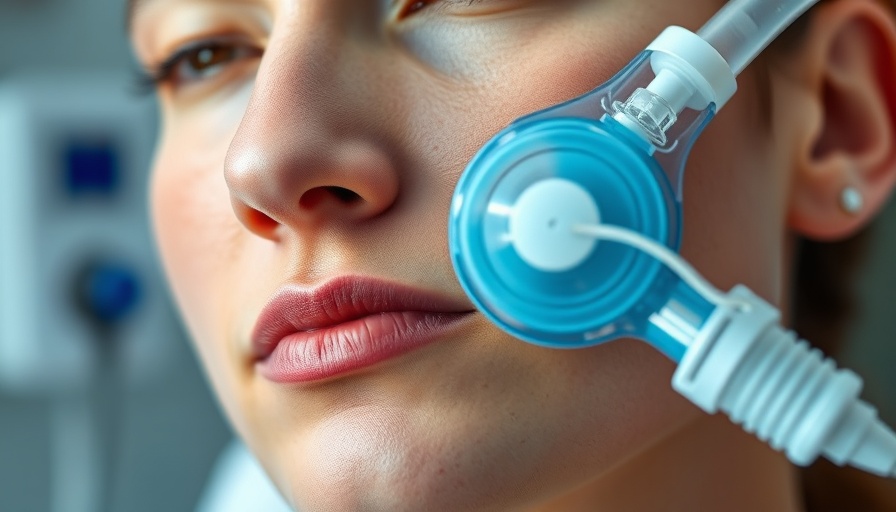
Shocking Rise in Nitrous Oxide Misuse
The U.S. Food and Drug Administration (FDA) has issued a grave warning regarding the escalating injuries associated with the misuse of nitrous oxide, commonly known as laughing gas. This gas, which is legally used as a sedative in medical settings, is now increasingly accessible to the public through colorful canisters marketed for culinary use, often referred to as 'Cosmic Gas' or 'Galaxy Gas'. These products are available at gas stations, vape shops, and online, making them enticing options for recreational use.
Health officials have observed a troubling increase in emergency calls to poison control centers linked to the inhalation of nitrous oxide. The FDA's advisory highlighted the serious risks, including dangerously low blood pressure, fainting, and even death. Despite manufacturers' claims that their products are intended solely for culinary purposes, numerous videos exist on social media showcasing individuals inhaling these gases for recreational highs.
The Hidden Dangers of Nitrous Oxide
While nitrous oxide can be safely administered in controlled medical environments, its misuse can lead to severe health complications. When inhaled, it can temporarily cut off oxygen to the brain, which poses significant risks. The FDA clarifies that there are currently no federal regulations prohibiting the sale of nitrous oxide, although some states have instituted age limits. Additionally, chronic misuse can result in neurological damage, linking to vitamin B12 deficiency, further complicating health outcomes for users.
Why is Nitrous Oxide Misuse Increasing?
Research indicates that this trend in nitrous oxide abuse is particularly prevalent among younger populations, particularly adolescents aged 12 to 17. One driving factor for this rise could be the low cost and easy accessibility of the gas. Moreover, the euphoric effects—often likened to those produced by other inhalants—have made it an appealing choice for those seeking a quick and inexpensive high.
Awareness and Prevention
The growing multi-state emergency linked to nitrous oxide misuse prompts a call to action. It is crucial for parents, educators, and health professionals to discuss the dangers of inhalant abuse with young individuals. Furthermore, the FDA advises consumers against the misuse of nitrous oxide products and emphasizes the importance of educating our communities about the harmful effects associated with their recreational use.
Contact for More Information
If you or someone you know is struggling with substance misuse, consider reaching out for assistance. The dangers of nitrous oxide are real and urgent. Contact us for more details.
 Add Row
Add Row  Add
Add 




Write A Comment